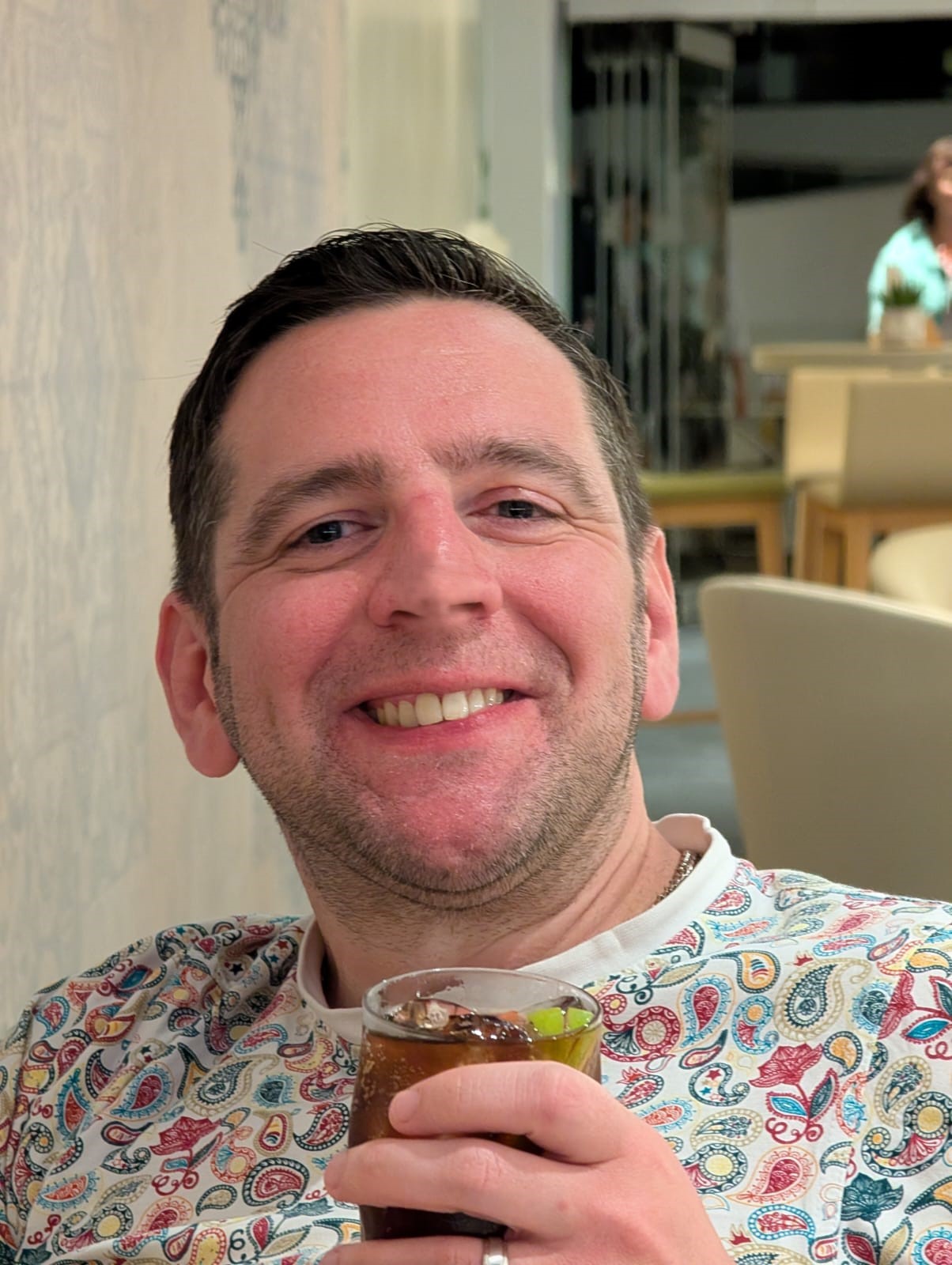
In a society where health concerns often get brushed aside, Rob McPherson's experience sheds light on a troubling trend. Initially attributing his symptoms to a food intolerance, Rob's journey from a fit 39-year-old to a bowel cancer patient underscores the pressing need for heightened awareness, especially among young adults. His story is not just a personal anecdote but a reflection of broader societal challenges in timely healthcare seeking.
The wider context: Rising Bowel Cancer Rates in Young People
The alarming rise in bowel cancer cases among individuals under 50 reveals systemic gaps in early detection and preventive healthcare measures. Rob's delayed diagnosis highlights the common reluctance, particularly among men, to seek medical help promptly. This trend not only jeopardizes individual health outcomes but also reflects a broader cultural issue around stoicism and healthcare avoidance.
Challenging Gendered Health Norms: The Impact of Social Constructs
Rob's experience unveils the gendered dynamics at play in healthcare-seeking behaviours. The societal pressure on men to tough it out and avoid seeking medical advice contributes to delayed diagnoses and poorer health outcomes. Addressing these ingrained norms is vital to creating a more inclusive and proactive healthcare environment for all individuals.
Empowering Communities: The Role of Support Networks
Rob's journey underscores the significance of robust support systems in navigating health challenges. From family and friends to healthcare professionals, the collective encouragement and assistance he received played a crucial role in his recovery. This highlights the need for promoting open dialogues around health and fostering supportive networks within communities.

Promoting Early Intervention: The Imperative of Timely Screening
Rob's advocacy for early symptom recognition and prompt medical consultation resonates as a clarion call for proactive healthcare practices. Emphasising the importance of listening to one's body and seeking timely screenings, his story underscores the life-saving potential of early intervention measures. By amplifying awareness and advocating for regular health checks, we can work towards mitigating the impact of rising cancer rates.
Rob's transformative journey serves as a poignant reminder of the urgency of proactive healthcare behaviours and the transformative power of early detection. By embracing a culture of proactive health management and destigmatising help-seeking behaviours, we can collectively strive towards a healthier and more resilient society.
Did you miss our previous article...
https://trendinginthenews.com/cancer/link-between-nafld-and-bowel-cancer-risk-unveiling-hidden-health-threats






